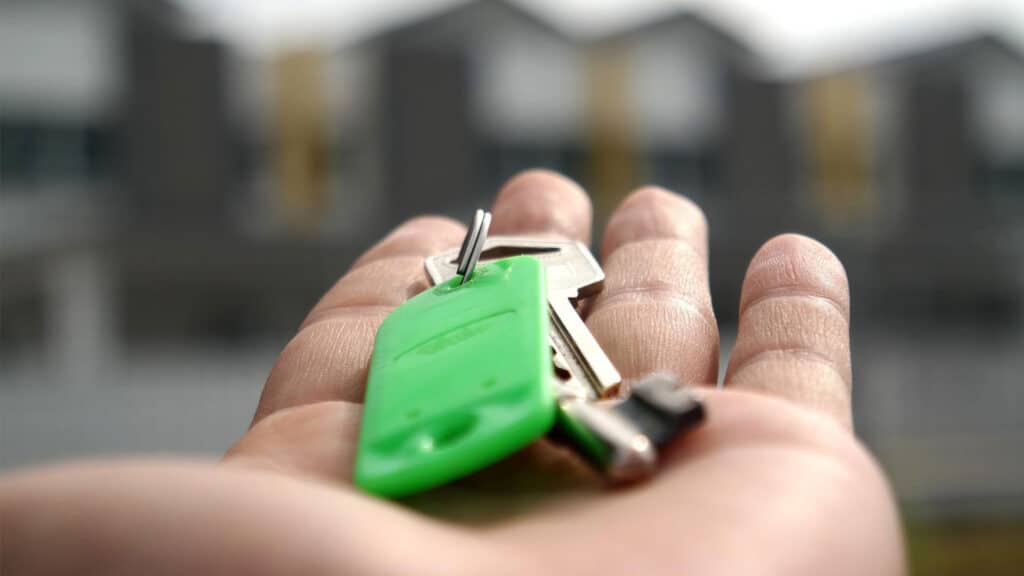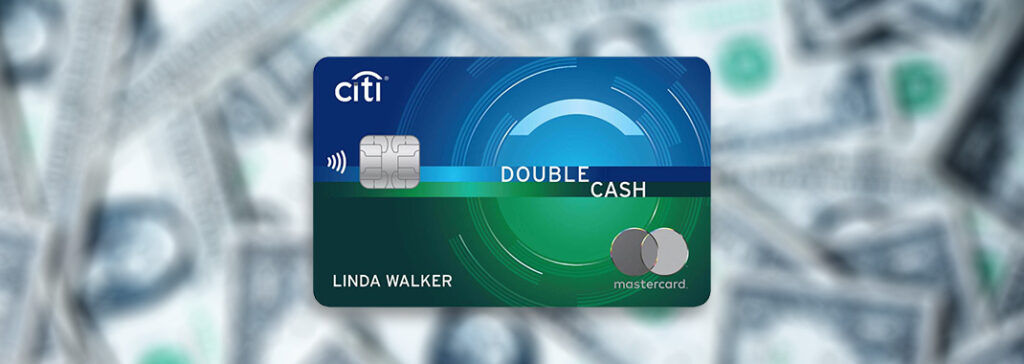Most products on this page are from partners who may compensate us. This may influence which products we write about and where and how they appear on the page. However, opinions expressed here are the author's alone, not those of any bank, credit card issuer, airline or hotel chain. This page may include information about American Express products currently unavailable on Slickdeals. American Express is not a partner of Slickdeals.
Whether it’s because of a divorce, bankruptcy, or a few financial missteps, some people find themselves with less-than-stellar credit. When it comes time to rent an apartment, a poor credit score can also make it more challenging in the apartment hunt. But this doesn’t mean renting an apartment is impossible. There are a number of ways to get a decent apartment even if your credit isn’t what you’d like it to be.
Can You Rent an Apartment with Bad Credit?

Yes, it is possible to an apartment with bad credit. Keep in mind that the landlord's decision of whether or not to rent an apartment to you is a subjective one, not based solely on your credit score. Landlords may also look at one's prior rental history, income, any relevant criminal history to assess their risk of renting to you, along with other factors. While some banks may automatically deny loans based on your credit score, there are plenty of apartment owners who are more than willing to rent out a unit based on factors other than credit scores.
What Credit Score Do You Need to Rent an Apartment?
There isn’t a set score that you need to rent an apartment.
In 2020, the average score of renters in the United States was 638, according to a survey by RentCafe. This means a significant number had scores lower than 638. The same study revealed that some renters had scores as low as 597 or lower, and in 2018, renters were landing apartments with scores in the 531 range—or lower.
While it’s impossible to say exactly what your landlord may or may not require, there can be wiggle room when it comes to the kinds of credit scores they accept.

Tips on Renting an Apartment with Bad Credit How to Get an Apartment with Bad Credit
Even if a landlord says they would prefer a higher credit score than what you have on file, there are several different ways to get around these requirements. The bottom line is they want someone who’s going to pay the rent during the lease period, and there’s a variety of methods that you can use to reassure them they’re going to get their money.
-
1
Find a Roommate
A roommate's good credit reputation can offset your own in the eyes of a landlord. Also, by locating a roommate with solid credit, you introduce another player to the game, so to speak. For instance, your landlord may assume that if you were to run short of funds during a particular month, your roommate would step up and handle the rent because of their good credit and willingness to avoid any conflicts with the landlord.
-
2
Pay More in Advance
By putting in more money upfront either in the form of a bigger security deposit or an extra month's rent, you show a landlord you have adequate cash flow. If you pay more upfront, you can cover multiple months rent, not just the first and last. This may give the landlord more confidence in you as a tenant, despite your weak credit score.
-
3
Get a Co-signer
With a co-signer, you also put another person’s credit rating on the line, and a landlord may see this as an extra layer of security. The key is to choose one with a strong credit and rental history because their score will be factored in as well. As long as you can keep up with your payments, there’s no downside for your cosigner. In fact, as you consistently make your payments, you may even help improve their credit score. According to the credit reporting agency Experian, “how the primary account holder manages their bills” can positively affect the credit score of a cosigner.
-
4
Use Great References
For many landlords, there’s nothing more powerful than someone vouching for your good character. After all, even people with poor spending and credit management habits can find ways of gaming the system. Reach out to your former landlords and ask them if they're willing to spend a few minutes writing a great recommendation.
-
5
Opt for a Private Landlord
Property management companies that manage large apartment complexes are typically less flexible when it comes to rental arrangements, especially when it comes to potential tenants with poor credit scores. On the other hand, private landlords or property owners may be more likely to give you a shot—even if you have bad credit—because they don't want to lose out on money with a vacant unit, can see that you’re a reliable renter, or a combination of both. Also, with a private landlord, you may have a better chance of having a genuine, face-to-face conversation. People often prefer to do business with those they like, and you can use this to your advantage. When talking with a landlord—one who actually owns the apartment you want to rent—take the time to introduce yourself, tell your story, and ask them about themselves as well. As you form a connection, that bond may carry more weight than a number in a credit report.
-
6
Bring Bank Account Statements
There’s no better way to flex your money management skills than to flash your bank account statement to a landlord or show your ability to pay through your paystubs. A credit score is only a single number, and sometimes the issues in the report can date back several years, lack specificity, and even be outright inaccurate. A bank account statement summarizes your money management abilities and backs everything up with straightforward, concrete data. For example, suppose your bank account statement shows you have $20,000 in the bank and you’ve grown or maintained that amount over the previous year. This shows that you both know how to make money and balance it without overspending on unnecessary items. More detailed bank statements can show rental payments via cashed checks or electronically transmitted payments. This demonstrates that you’re a great renter who takes your obligations seriously.
-
7
Look for Apartments That Don't Require a Credit Check
There are some no credit check apartments that don't require a credit check, and this can be for several reasons. For one, some people aren't overly invested in the credit reporting system, and prefer to make judgments based on their gut instinct. For these folks, numbers mean less than their personal intuition. Also, some landlords may prefer not to pay a fee to run people's credit. While the fee is often nominal, if they have a dozen or more potential renters, they can add up quickly. If your credit isn't what you wish it was, these factors can work to your advantage.
Bottom Line

If your credit score is a little lower than what you’d like it to be and you need an apartment, no worries. By finding a roommate, paying more in advance, getting a cosigner, using great references, opting for a private landlord, or bringing bank account statements, there is still a possibility you can land a decent apartment if you put in the legwork.
FAQs
-
This will vary based on the landlord. Some landlords may be more lenient if you have a poor credit score while some may have a strict minimum. A FICO credit score of 580-669 is considered Fair credit, and anything below this range can make it challenging for apartment hunters.
-
Simply paying rent will not have an impact on your credit score, unless you typically pay rent using a credit card and pay off the balance every month. There may be processing fees associated when paying rent by credit card, so many will find it easier to pay by check or cash.
However, paying your monthly rent on time can help you build a good payment and credit history if you use a rent-reporting service that reports your payments to the credit bureaus. Rent-reporting agencies will charge a fee and will essentially act as a middleman to transfer your rent to your landlord
-
The general guidance for improving your credit score will be to pay your bills on time, reduce the overall amount of debt you owe and keep your credit balances low, among many other factors. Maintaining good credit habits over a period of time can help contribute to an increase in credit scores.
-
Landlords check rental applications in different ways, so some credit checks may be considered hard pulls while others are soft pulls. You should double-check with your landlord to verify what type of inquiry the credit check is. Hard inquiries may result in a drop in your credit score, but scores are usually expected to rebound within a few months.








